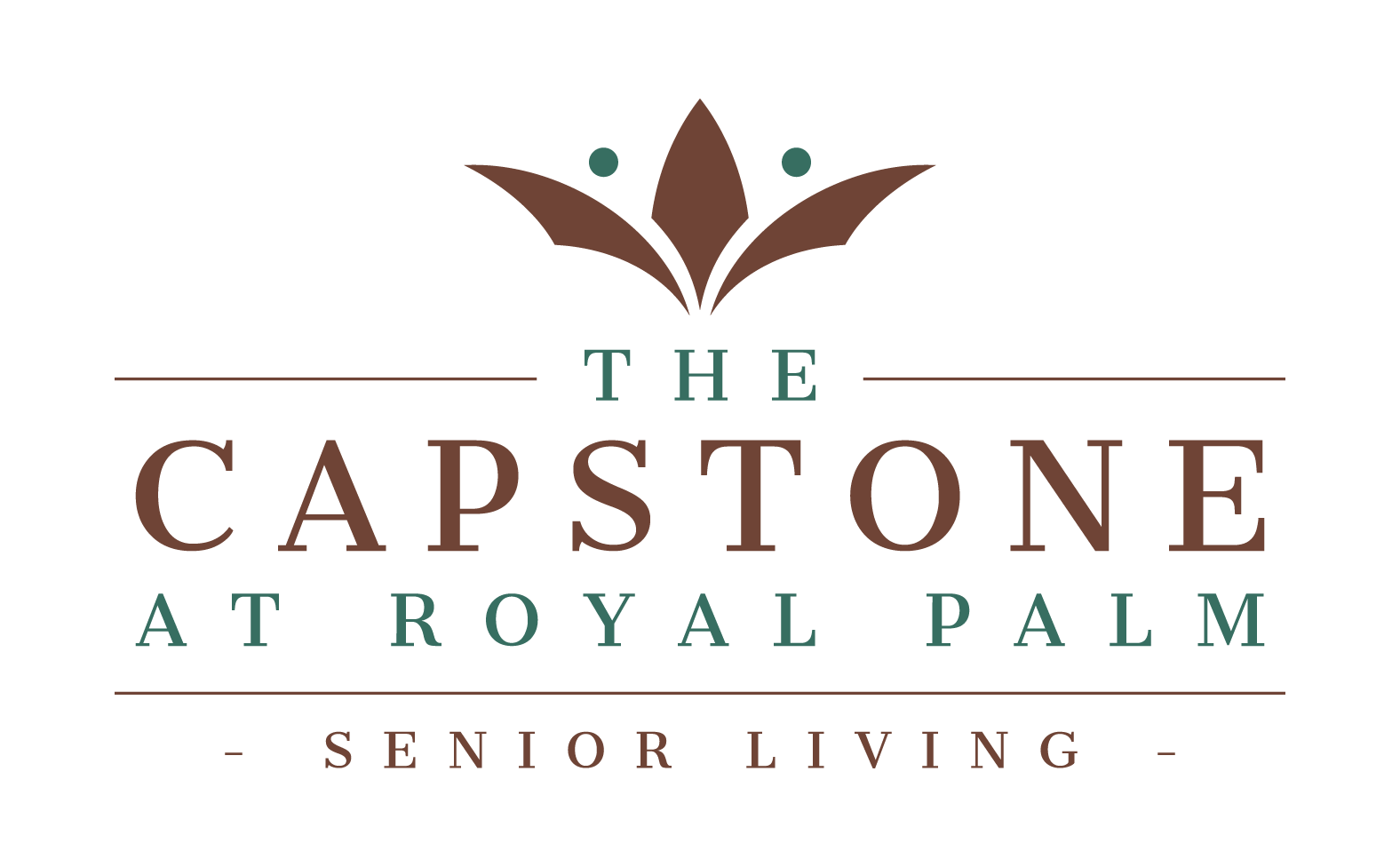According to the Alzheimer’s Association, nearly 7 million Americans over 65 are affected by Alzheimer’s disease, the most common form of dementia. Memory care for seniors is designed to support individuals with memory-related conditions, such as Alzheimer’s disease, dementia, or other cognitive issues.
Deciding when to seek memory care for a senior loved one can be challenging. It typically involves the following:
- Recognizing the signs of memory decline
- Understanding the benefits of memory care
- Comparing it to other care options
This guide will help you determine when to explore memory care for a loved one. It offers insights into choosing the right type of care and explains the differences between memory care and assisted living.
Recognizing the Signs of Memory Decline
The first step in determining if a senior loved one needs memory care is to recognize the signs of memory decline. Key signs typically include the following:
- Frequently forgetting recent events, appointments, or conversations
- Struggling with routine activities like cooking, cleaning, or managing finances
- Becoming disoriented or confused about the time, location, or events
- Noticeable shifts in mood, behavior, or personality, like increased irritability or withdrawal from social activities
- Issues like leaving the stove on, wandering off, or being unable to navigate familiar places safely
If these signs are present and affecting your loved one’s quality of life or safety, it may be time to look at memory care options.
Benefits of Memory Care
Memory care provides specialized support tailored to those with cognitive impairments. The benefits of memory care include the following:
Enhanced Safety and Security
Memory care environments are designed to prevent wandering and ensure the safety of residents. Secure areas and specialized supervision help manage risky behaviors, lowering the risk of accidents.
Personalized Care Plans
Memory care offers customized care plans that address individual needs, including:
- Medical care
- Personal hygiene
- Dietary requirements
These plans are designed to ensure personalized attention and care for each resident.
Structured Activities
Engaging and therapeutic activities stimulate cognitive function, enhance social interaction, and improve overall well-being. Art therapy and music therapy are often used to provide emotional support and encourage social engagement.
Specialized Staff
Trained professionals provide 24/7 care. They are trained in managing dementia-related behaviors and medical conditions. Their expertise helps successfully address the challenges individuals with memory impairments face.
Family Support
Memory care programs often include support and resources for families designed to help them cope with the challenges of caregiving. Support services can include the following:
- Counseling
- Educational resources
- Respite care options
Cognitive Stimulation
Memory care programs usually include activities that promote mental engagement, such as the following:
- Memory games
- Puzzles
- Reminiscence therapy
These activities aim to enhance cognitive function and maintain mental stimulation.
Choosing Memory Care vs. Assisted Living
When choosing between memory care and assisted living, it’s important to understand the differences and which option best meets your loved one’s needs. Consider the following:
Memory care is specifically tailored for seniors with cognitive decline or memory loss. It includes enhanced security, specialized care, and activities tailored to those with dementia.
Assisted living offers help with daily activities like bathing, dressing, and medication management. It may be suitable for those who need support but are not yet experiencing severe cognitive impairments.
Consider memory care if your loved one shows significant signs of memory decline that affect their daily life and safety. It creates a safe, supportive, and engaging environment that helps individuals maintain their dignity and quality of life.
Care Options for Dementia
Understanding the different types of care available can help you reach an informed decision. When exploring care options for dementia, consider the following possibilities:
Home Care Services
Involves hiring caregivers to assist with daily tasks at home. Home care can be a good option for those with mild dementia who prefer to stay in a familiar environment.
Adult Day Care
Provides structured activities and supervision during the day while allowing seniors to return home in the evening. It can be a temporary solution for caregivers needing respite.
Memory Care Communities
These communities are committed to providing comprehensive care for individuals with dementia. They offer a safe environment with specialized programs and support.
Nursing Homes
Offer 24/7 care and support for those with complex health needs, including advanced dementia.
They offer comprehensive medical care, skilled nursing, and advanced support services.
Each option has advantages and may suit different stages of dementia. Evaluate the level of care needed and decide on the one that best suits your loved one’s condition and preferences.
Making the Transition to Memory Care
When it becomes clear that memory care is the best option, preparing for the transition can make the process smoother. Here are some steps to consider:
Research and Visit
Tour several memory care communities to understand their services, environment, and staff. Ask questions about their approach to care, safety measures, and daily activities.
Involve Your Loved One
If possible, include your loved one in the decision-making process. Doing this can help them feel more comfortable with the change.
Prepare for Adjustment
Understand that moving to memory care can be a significant transition. Your loved one may need time to adjust, so offer support and reassurance throughout the process.
Stay Involved
Keep in regular communication with the memory care team and stay involved in your loved one’s care plan. Doing this ensures that their needs are met and that you are informed about their well-being.
Making the Right Choice in Memory Care for Seniors
Choosing memory care for seniors involves recognizing memory decline and understanding how specialized care can help. Compare memory care with assisted living and other dementia care options to find the best fit for your loved one. Opting for memory care is a positive step towards ensuring your loved one gets the right support.
Royal Palm Beach Assisted Living and SHINE® Memory Care community offers specialized support for seniors needing memory care, combined with modern living options. With no monthly buy-in fees and flexible leasing, residents enjoy social programs, personalized care, and chef-prepared meals. Contact us today to discuss your options.



